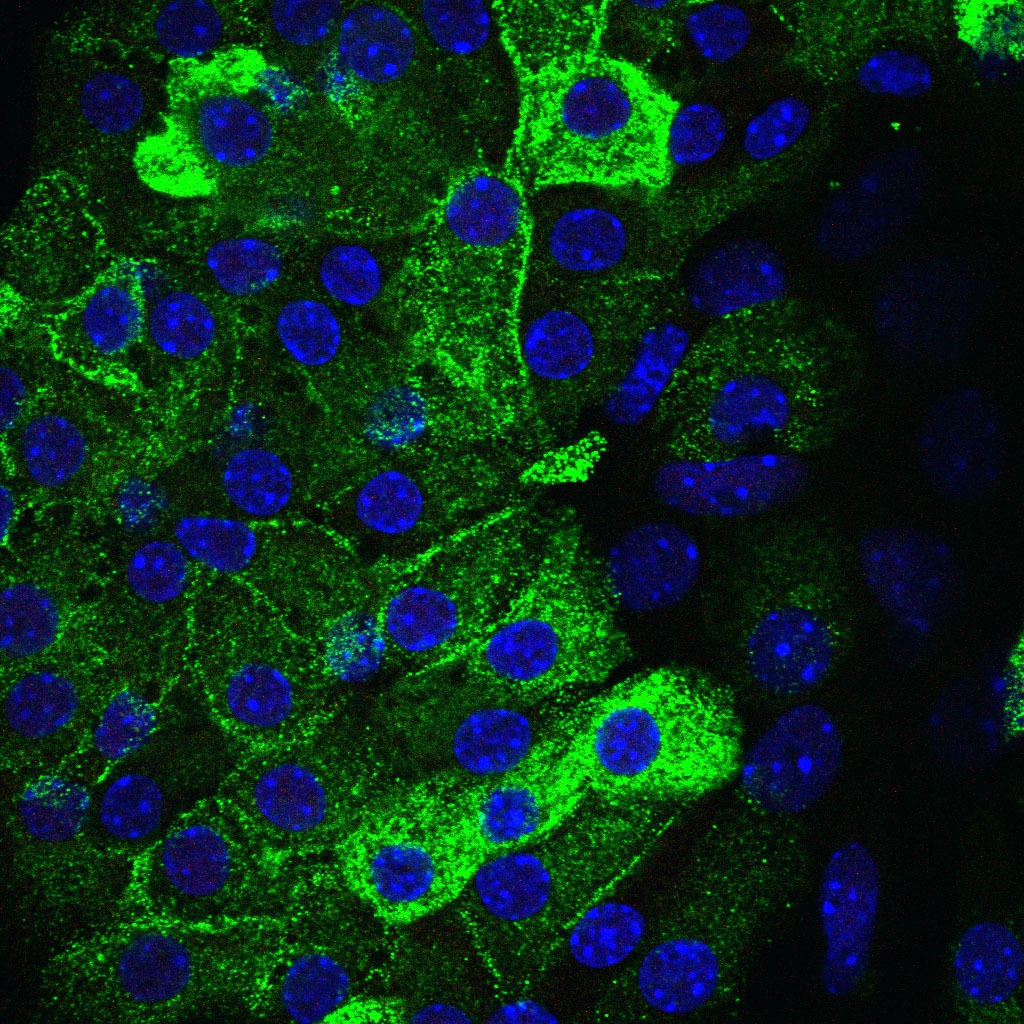You are here
100 Years of Insulin: Insulin Replacement Therapy in 2021 and the Future Dream of Pancreatic Beta Cell Regeneration
Speakers
Research Bio
As an endocrinologist and physician-scientist with a clinical practice in diabetes, I am all too familiar with the challenges and pain, sometimes literally, that insulin deficiency brings to my patients. I feel incredibly lucky to be also working towards a long-term solution to this problem in the laboratory. As an endocrine fellow I had the great fortune to train in stem cell biology with Elaine Fuchs, dissecting the role of Sgk3 in hair follicle cellular dynamics. At the University of Pittsburgh, under the guidance of Andy Stewart I entered the pancreatic islet field with a K08 to study the effects of in vivo mouse hyperglycemia as a model of beta cell mass expansion in the living pancreas. My lab’s research contributions to date are centered on nutrient impact on beta cell replication (glucose, lipids), exploration of the cell cycle inhibitory CDKN2A/B GWAS locus, and ER stress and the beta cell Unfolded Protein Response (UPR). Our most impactful observation to date identified the UPR as a cell-intrinsic sensor of hyperglycemia that triggers beta cell proliferation, the basis of much of our current focus.
I moved to Weill Cornell in September, 2019, in the dual capacities of Division Chief of Endocrinology as well as Director of the Weill Center for Metabolic Health, an emerging center on campus for diabetes, obesity and metabolism research. My charge is to develop world class clinical, translational and basic research in the sphere of metabolism, a task made easier by the already outstanding scientists and trainees already on campus.


